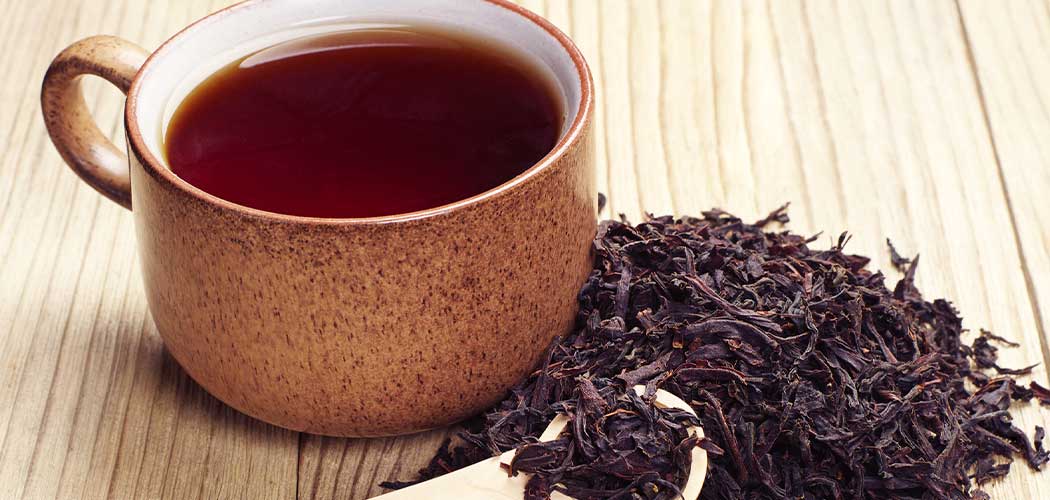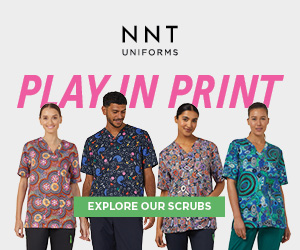Higher intakes of black tea, berries, citrus fruits and apples could help promote healthy ageing, new research has found.
Foods rich in flavonoids could help to lower the risk of key components of unhealthy ageing, including frailty, impaired physical function and poor mental health, according to a collaborative study involving Australian and international researchers.
“Our research shows that people who consume more flavonoids tend to age better,” said Edith Cowan University Adjunct Lecturer Dr Nicola Bondonno.
The peer-reviewed study published in the American Journal of Clinical Nutrition, was conducted by researchers from Edith Cowan University, Queen’s University Belfast and Harvard T.H. Chan School of Public Health, analysed data from 62,743 women and 23,687 men over 24 years.
Women with the highest flavonoid intakes had a 15% lower risk of frailty, a 12% lower risk of impaired physical function, and a 12% lower risk of poor mental health compared to those with the lowest intakes, the research found.
While fewer associations were observed in men, higher flavonoid intake was still linked to a lower risk of poor mental health.
Previous research has shown that people who have a higher flavonoid intake tend to live longer, and they are also less likely to get any of the major chronic diseases such as dementia, diabetes or heart disease.
“Flavonoids are well known for reducing oxidative stress and inflammation, supporting blood vessel health, and even helping to maintain skeletal muscle mass – all of which are important for preventing frailty and maintaining physical function and mental health as we age,” said senior author, Professor Aedin Cassidy from Queens University Belfast.
Regularly consuming flavonoid-rich foods such as berries, apples, red wine, oranges, and tea could support healthier aging by reducing the risk of frailty, physical decline, and poor mental health.
The stronger associations observed in women may be due to differences in follow-up time between the two cohorts rather than true sex-specific effects, which remain underexplored in existing research, according to the researchers.
“We found that participants who increased their intake of flavonoid-rich food by three servings a day, had a 6% to 11% lower risk across all three of the ageing outcomes in females, and a 15% lower risk of poor mental health in males,” said Professor Cassidy.
“The goal of medical research is not just to help people live longer but to ensure they stay healthy for as long as possible.”
“Overall, these findings underscore the potential for simple dietary modifications to impact overall quality of life and contribute to the optimisation of healthy aging,” added Professor Eric Rimm from Harvard Chan School.








